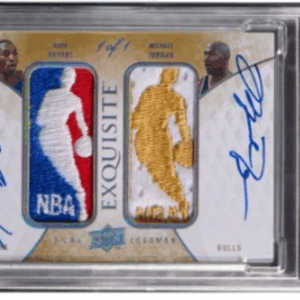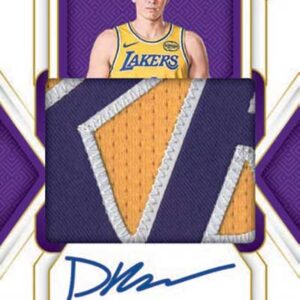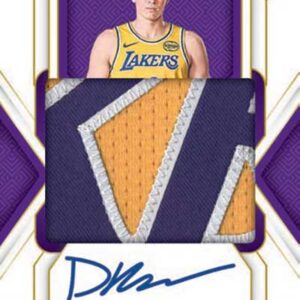In a tale that merges passion for sports memorabilia with high-stakes auctions, Jack Arshawsky finds himself in a peculiar standoff with a $3.7 million purchase that is still looking for its perfect home. Arshawsky, a real estate agent hailing from Vaughan, Ontario, embarked on what seemed like the acquisition of a lifetime—a pristine, unopened case of 1979-80 O-Pee-Chee Hockey cards bought in a feverish auction conducted by Heritage Auctions. Yet, despite this staggering investment, the case has not found its way to his home but remains under the careful custody of the auction house.
The bidding war that crowned Arshawsky the winner also painted a clear picture of the high demand and emotional value tied to such collectible treasures. Initially, buying the hockey card case seemed like a dream come true. However, upon learning the extent of disappointment experienced by the underbidder—another collector whose passion possibly outstripped Arshawsky’s own—our real estate maestro was struck by a generous, albeit financially cumbersome, change of heart. The realization spurred a new quest: to find someone whose fervor for hockey memorabilia could match the historical and financial magnitude of the case.
This isn’t just any collector’s item; within the confines of the safeguarded boxes lie possibilities of unearthing multiple Wayne Gretzky rookie cards, a find akin to striking gold in the world of sports collectibles. Each of the 16 boxes within the case houses 48 unopened packs, sealed tokens of history waiting to be cherished by a true aficionado.
Despite reaching out to high-profile personalities like Daryl Katz, the owner of the Edmonton Oilers hockey team, Grammy-winning artist Drake, and none other than the legendary Wayne Gretzky himself, the collector’s grail has yet to find its knight. These efforts paint a portrait of Arshawsky as a man not driven by profit, but rather by the respectful and appropriate stewardship of his historic find.
Adding to the complexity of the disposition, the logistics of auction purchases, as noted by Heritage Auctions, usually call for prompt payment and collection. Arshawsky’s predicament—an uncollected treasure pending full payment and a search for a rightful owner—places him in a rare position relative to usual auction practices. The item itself presently resides utouched in the meticulous confines of Heritage’s vault in Texas, a testament to the care and gravity given to such high-value pieces.
Legal counsel comes into play with Hy Bergel, a lawyer ensconced in the intricacies of Toronto’s legal world, who has been roped in to assist in navigating this unique re-sale (or re-homing) situation. Meanwhile, Arshawsky contemplates other heartfelt alternatives, including potentially gifting the entire case to a childhood friend, should a suitable buyer remain out of reach.
Whether Arshawsky’s journey with the card case ends with a blockbuster sale or a benevolent handover, the saga highlights the intricate dance between the value of objects and the passion of collectors. For the keeper of this $3.7 million cache, the weight of responsibility seems to rival the joy of possession, showcasing a unique scenario where not just ownership but a rightful legacy matters. As the story of the O-Pee-Chee Hockey card case continues, one thing remains clear: its final resting place is yet to be found, anticipated with bated breath by the collector’s community.






